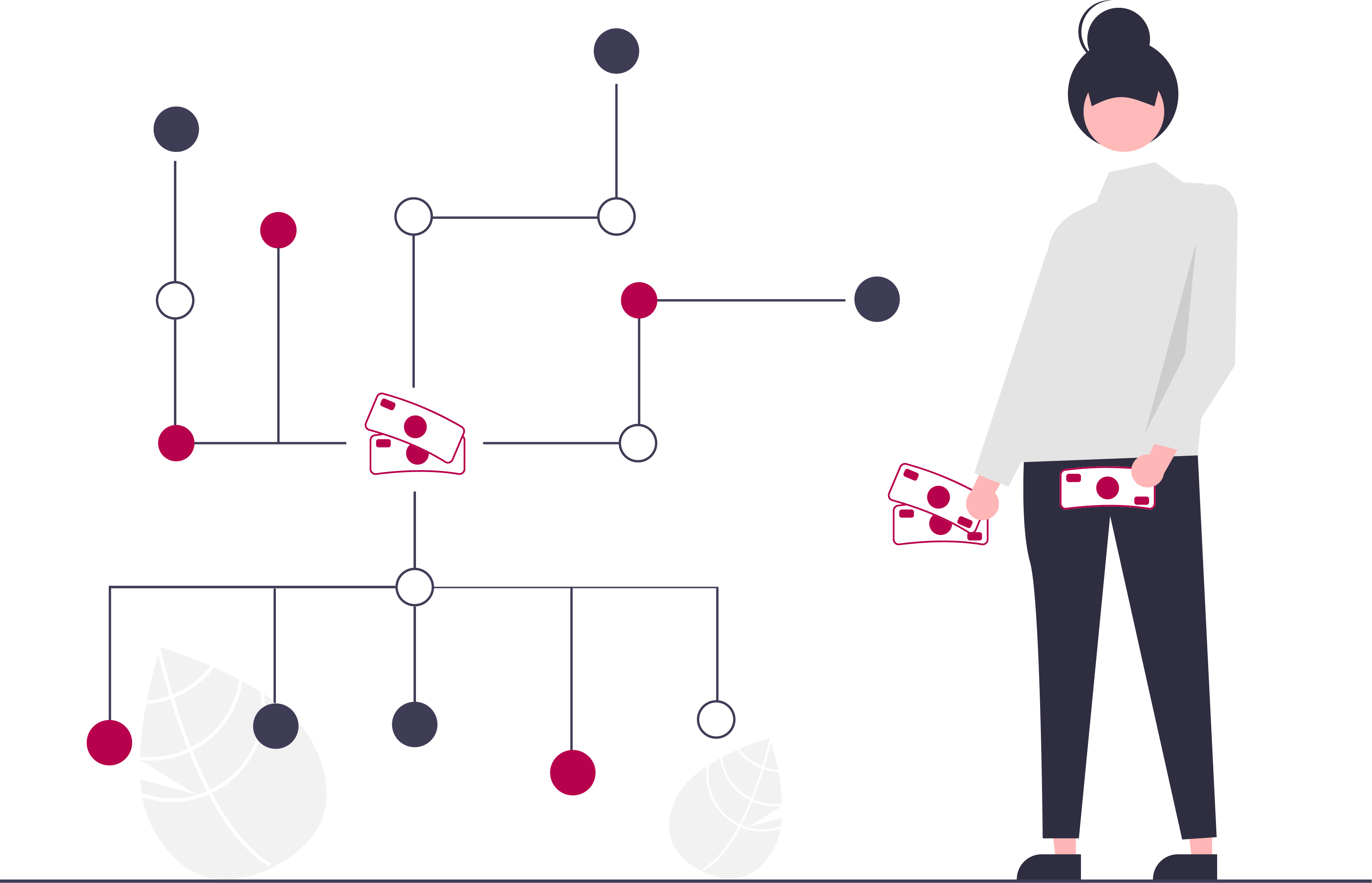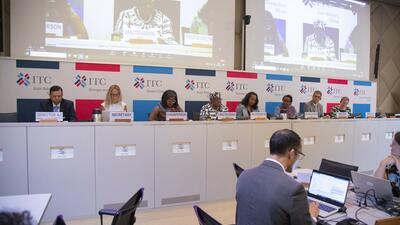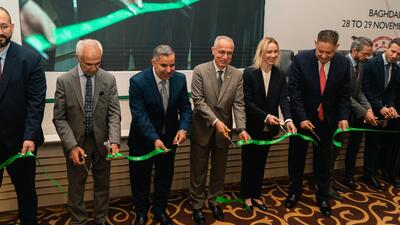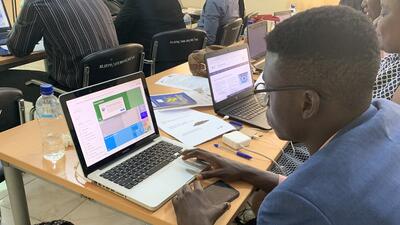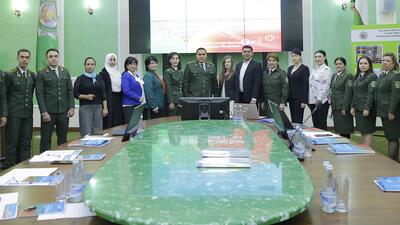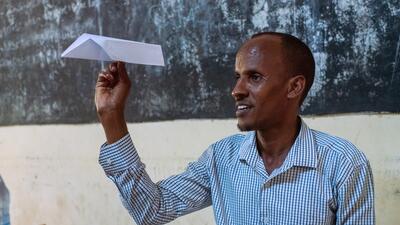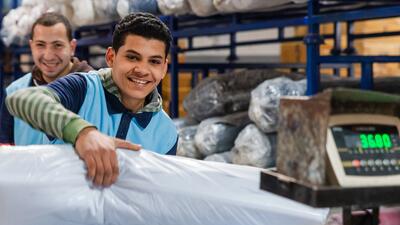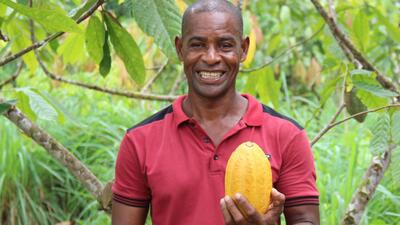
Case study: Made by Africa: Value chains to boost intra-African trade
The ‘four Cs’ – COVID, climate, conflict and cost-of-living – greatly tested small businesses around the world and set back the Sustainable Development Goals. This case study, from the ITC Annual Report 2022, highlights how the International Trade Centre helped entrepreneurs find new ways to prosperity through trade.
The challenge
Africa accounts for 2.3% of global exports, with an export basket heavy on primary commodities and natural resources. About 14% of the continent’s exports are destined for other African countries. Strengthening regional trade is crucial to support greater value addition, diversify supply chains, industrialize and boost resilience – ultimately contributing to job creation and improved livelihoods across the continent.
The development of regional and continental value chains has become more viable with the large market opening offered by the AfCFTA. Projections show that tariff liberalization alone could increase intra-African trade by as much as €17 billion, while removing other frictions could unlock a further €19 billion.
The solution
To help the African continent prioritize high-impact areas in its trade integration efforts, ITC undertook an in-depth diagnostic to uncover promising value chains with high potential for trade, value addition and the power to connect countries and subregions on the continent. The diagnostic combined data-driven analysis with insights from business voices.
First, data analysis of more than 5,000 input and output products for upwards of 400 value chains enabled the identification of 94 promising value chains for the continent, with each linking to at least five African countries from different regions. In consultation with the African Union and other stakeholders, four especially promising sectors, including for small businesses, were selected for deepened investigation: pharmaceuticals, baby food, cotton clothing and automobiles.
Second, evidence gathered from interviews with 10,000 businesses, more than 100 BSOs and hundreds of additional stakeholders – including policymakers and industry experts – confirmed that the four sectors were feasible for intraregional growth and shed light on what it would take to make them work.
This survey and consultative process provided unique insights from the ground on a wide range of critical aspects ranging from trade barriers and investment needs to skill gaps, women’s participation and African MSME efforts to green production processes. This provided the basis for recommendations on targeted action.
The results
The findings of the diagnostic and ensuing recommendations are summarized in the report Made by Africa: Creating value through integration, released during the African Union Extraordinary Summit on Industrialization and Economic Diversification in Niamey, Niger, in November 2022. ITC produced the report in close collaboration with the African Union Commission and the European Commission.
The value chain diagnostic will help shape sustainable development priorities for the African trade development and integration agenda. Preliminary results fed into the business declaration submitted to the European Union – African Union Summit in February 2022. They are also filtering into ongoing political deliberations.
At the African Union summit in Niamey, African leaders committed to 10 action points. One of these is targeted at accelerating commodity-based industrialization as an engine of growth, job creation and diversification, including through priority regional value chains recommended in the Made by Africa report.
The future
In 2023, the action point on accelerating commodity-based industrialization will be translated into a detailed implementation roadmap led by the African Union Commission in collaboration with a broad range of partners including ITC. The value chain diagnostic will also serve as evidence for ITC project design and strategic interventions in support of continental integration and implementation of the AfCFTA.










